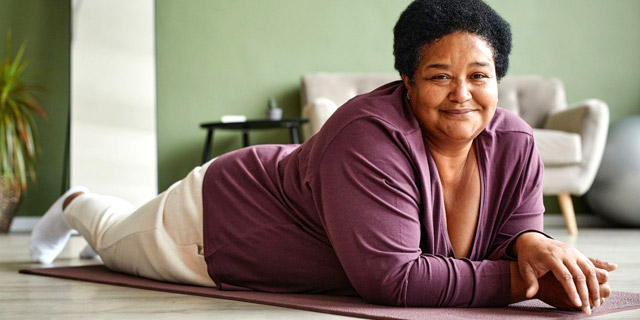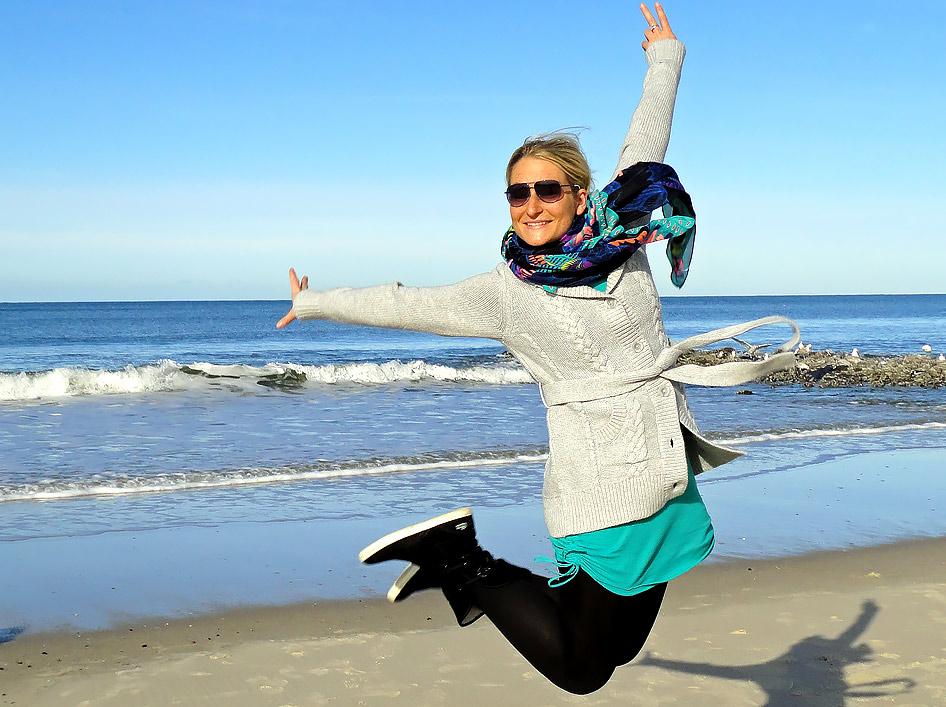The Power of Movement
Benefiting Mental Health Through Activity
By Bluestone Psychological and Yoga Services
We know that mental health is a key component of wellbeing, but many of us struggle with varying degrees of mental wellness challenges. While traditional methods such as therapy and social support are crucial, another powerful tool is often overlooked: movement. Movement can be
any number of things. A mindful walk, a few shoulder circles, a long Qing Gong session and a brief run are all valid ways to move. Movement, when done skillfully, has the power to radically change our nervous systems and improve our mental health. Whether it’s a brisk walk in the park, a yoga session, or a high-intensity workout; physical activity offers a multitude of benefits for mental health. When there’s a day you feel depression or anxiety creep into your thoughts, make time to move. Movement is medicine and it’s one that always seems to work. Movement, when done skillfully, has the power to radically change our nervous systems and improve our mental health.
Yoga Therapy as a Collaboration

At Bluestone Psychological, we believe your wellness is comprehensive. We offer yoga therapy by a trained and certified Yoga Therapist, Sabrina Joy C-IAYT. Her sessions complement your mental health appointments to help treat depression, trauma, anxiety and more. Learn more about your next Yoga Therapy private session!
Movement: a potent elixir for the mind!
Stress Reduction
When we learn to move with intention and breathe effectively in yoga therapy, it becomes an even more impactful tool for managing stress and restoring equilibrium. Life can be hectic, and stress is an inevitable part of it. However, engaging in physical activity can significantly reduce stress levels. Exercise prompts the release of endorphins, neurotransmitters that act as natural mood lifters, helping to alleviate stress and promote a sense of well-being. Additionally, movement serves as a distraction, allowing individuals to temporarily shift their focus away from sources of stress and anxiety. For many, there is no better way to complete the stress response cycle than to move, as that is what our bodies are best prepared to do in stressful situations.
Mood Enhancement
Have you ever noticed feeling happier and more energized after a workout? It is not by chance. Exercise stimulates the production of serotonin, dopamine, and norepinephrine, chemicals in the brain that play a crucial role in regulating mood. Regular physical activity can help combat feelings of depression and anxiety, leaving individuals feeling more positive and resilient in the face of life’s challenges. In addition, the more we move, the stronger we get. The stronger we feel our perspective starts to change.
Improved Sleep
Quality sleep is essential for mental health, yet many struggle to achieve it. Fortunately, engaging in regular exercise can promote better sleep patterns. I know for me, as soon as I started exercising regularly in my mid teens, I went from suffering from insomnia to falling fast asleep as soon as my head hit the pillow. Physical activity helps regulate the body’s internal clock, promoting deeper and more restorative sleep. Additionally, the relaxation and stress-reducing effects of exercise can help quiet the mind, making it easier to fall asleep and stay asleep throughout the night.
Enhanced Cognitive Function
Movement isn’t just beneficial for the body; it also boosts brainpower. Exercise has been shown to improve cognitive function, including memory, attention, and decision-making skills. Whenever I have a day where it feels like my ADHD brain is just our of control, I know a movement session will help to focus and ground me. Physical activity increases blood flow to the brain, delivering oxygen and nutrients that are vital for optimal brain function. Moreover, regular exercise promotes the growth of new brain cells and strengthens neural connections, enhancing overall cognitive performance.
Social Connection
Human beings are social creatures, and social isolation can have detrimental effects on mental health. Exercise provides an opportunity for social interaction, whether it’s joining a group fitness class, going for a hike with friends, or playing a team sport. Building connections with others through physical activity can foster a sense of belonging and support, reducing feelings of loneliness and isolation. If you ever feel lonely, go for a 
Confidence and Self-esteem
Regular exercise can boost confidence and self-esteem in several ways. As individuals set and achieve fitness goals, they gain a sense of accomplishment and empowerment. Additionally, the physical benefits of exercise, such as improved strength, flexibility, and endurance, can enhance self-image and self-worth. Feeling confident in one’s physical abilities can translate to increased confidence in many other areas of life.
The benefits of movement for mental health are undeniable. Incorporating regular physical activity into one’s routine can lead to reduced stress, improved mood, better sleep, enhanced cognitive function, increased social connection, and greater confidence. Whether it’s a leisurely stroll or an intense workout, every step counts towards nurturing a healthy mind and body. So, lace up those sneakers or roll out your mat, grab a friend, and start reaping the rewards of movement for mental health. Your mind will thank you for it!
add’l content provided by:
David A. Morris, LCSW
Sabrina Joy C-IAYT
